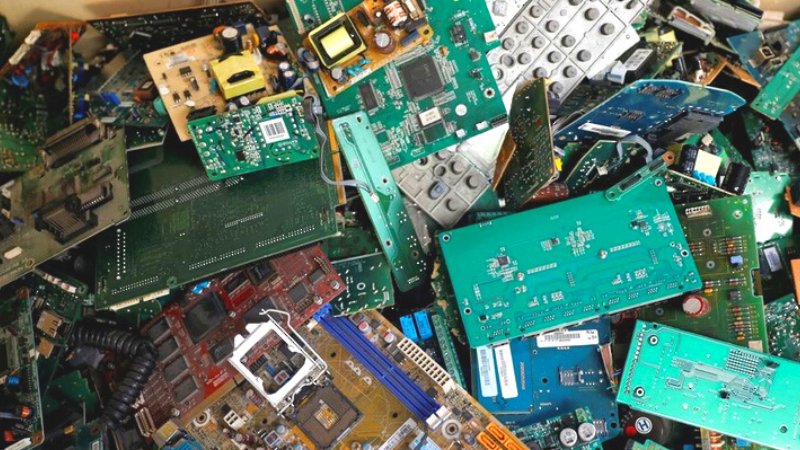Automotive
Recycling Vital For Green Metal Needs, Finds New Study

Recycling could plug the gap in the European Union’s (EU) needs for lithium, rare earth and other metals needed to cut carbon emissions.
The study indicated that the global energy transition is progressing fast and that copper, cobalt, lithium, nickel, and rare earth metals are all at risk of disruptive demand-pull between now and 2035.
The EU’s pledge to cut net greenhouse gas emissions to zero by 2050 will require large amounts of metals and minerals to roll out electric vehicles (EVs) and wind turbines.
It is understood that rare earth metals are also used in the manufacturing of microprocessors, microcontrollers, and semiconductors in cars. Modern cars use anywhere between 1,500 and 2,000 chips installed. EVs reportedly use up to 3,000 chips in their circuit boards.
The study also said that the bloc will need 35 times more lithium and seven to 26 times more rare earth metals by 2050 to be used in EV batteries and motors, respectively.
Recycling will help ease shortages, but only from about 2040 when there is enough material from scrapped vehicles and other equipment such as wind turbines.
By 2050, 40 per cent to 75 per cent of Europe’s clean energy metal needs could be met through recycling if Europe invests heavily now, the study said, the Reuters News Agency reported.
-

 Banking & Finance4 weeks ago
Banking & Finance4 weeks agoOman Oil Marketing Company Concludes Its Annual Health, Safety, Environment, and Quality Week, Reaffirming People and Safety as a Top Priority
-

 News2 months ago
News2 months agoOIG Appoints New CEO to Lead Its Next Chapter of Excellence
-

 News2 months ago
News2 months agoReport: How India & The Middle East Are Exploiting Immense Economic Synergies
-

 Uncategorized1 month ago
Uncategorized1 month agoOman’s ISWK Cambridge Learners Achieve ‘Top in the World’ and National Honours in June 2025 Cambridge Series
-

 Trade2 months ago
Trade2 months agoConsulate Office of the Republic of South Africa opens in Muscat, enhancing bilateral relations
-

 Economy1 month ago
Economy1 month agoPrime Minister of India Narendra Modi to Visit the Sultanate of Oman on 17-18 December
-

 News4 weeks ago
News4 weeks agoJamal Ahmed Al Harthy Honoured as ‘Pioneer in Youth Empowerment through Education and Sport’ at CSR Summit & Awards 2025
-

 News1 month ago
News1 month agoIHE Launches Eicher Pro League of Trucks & Buses in Oman


























